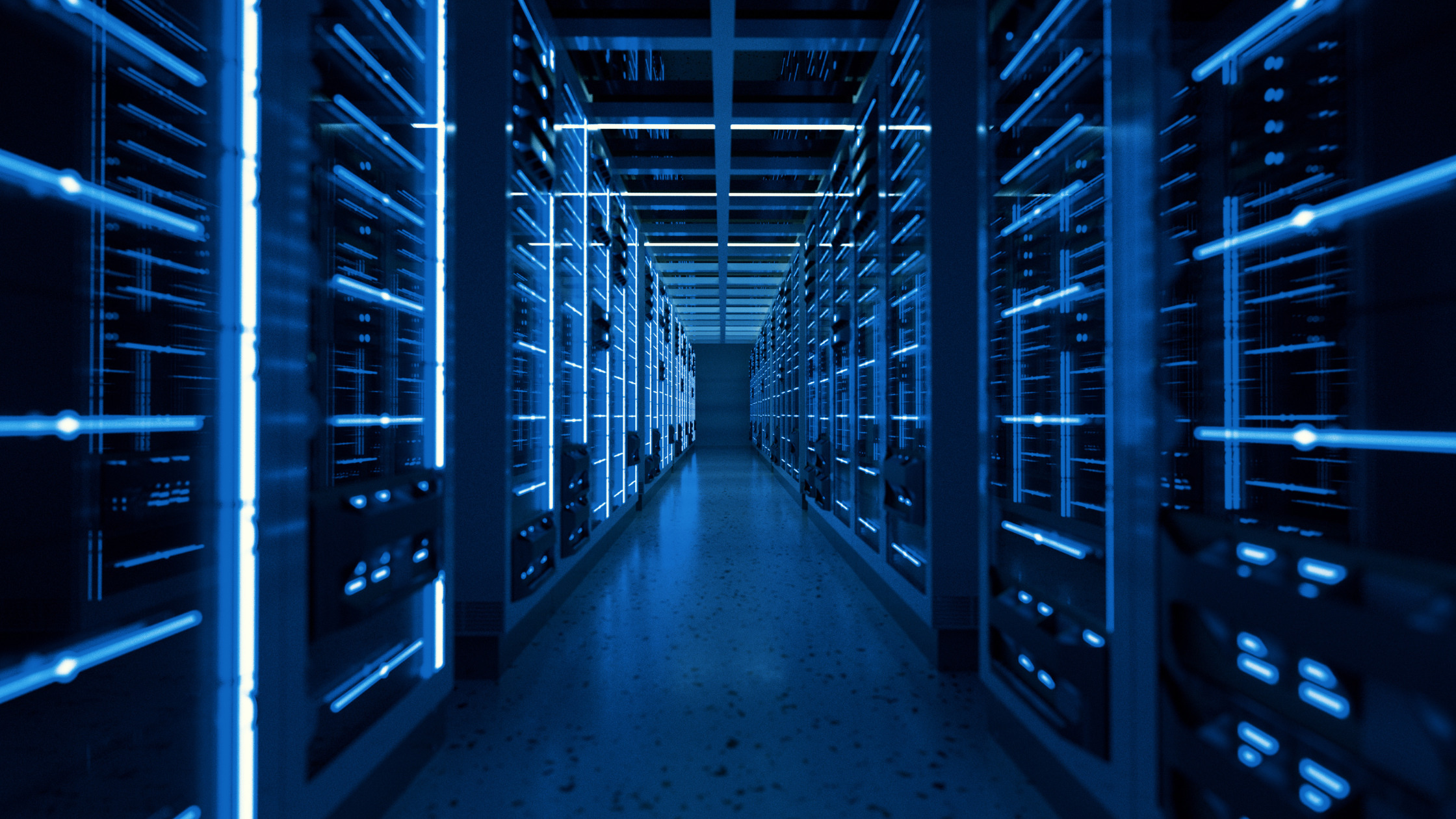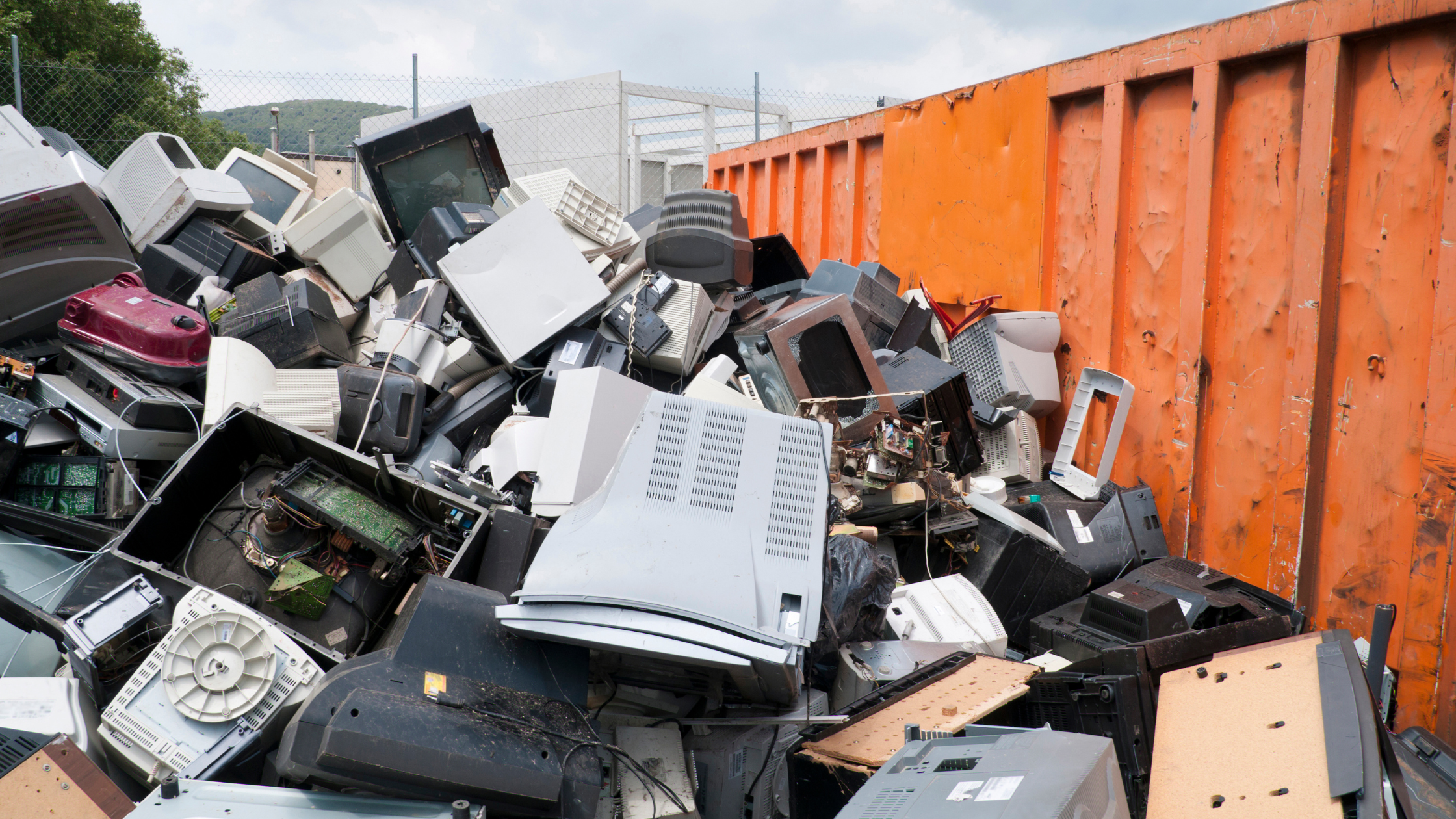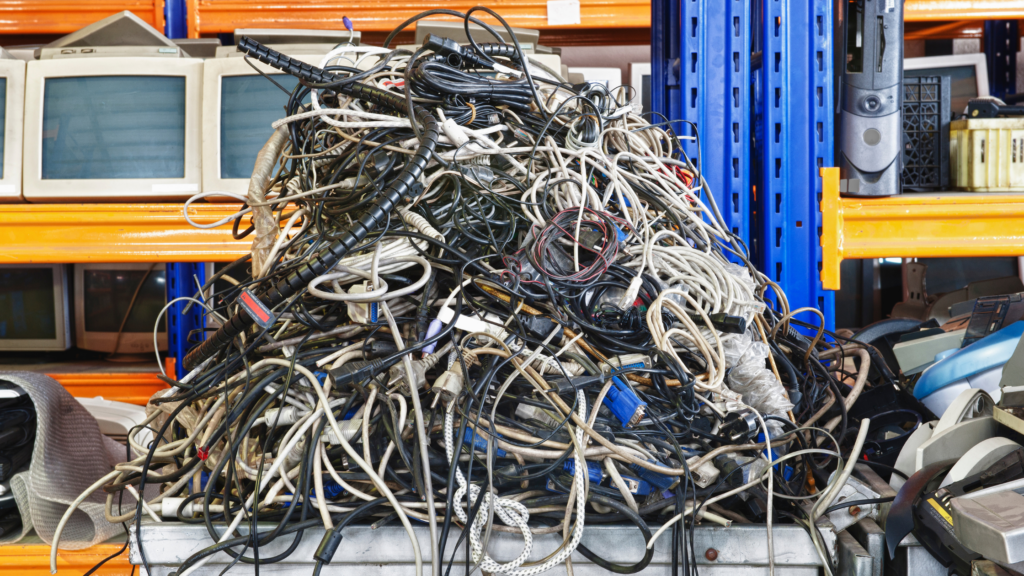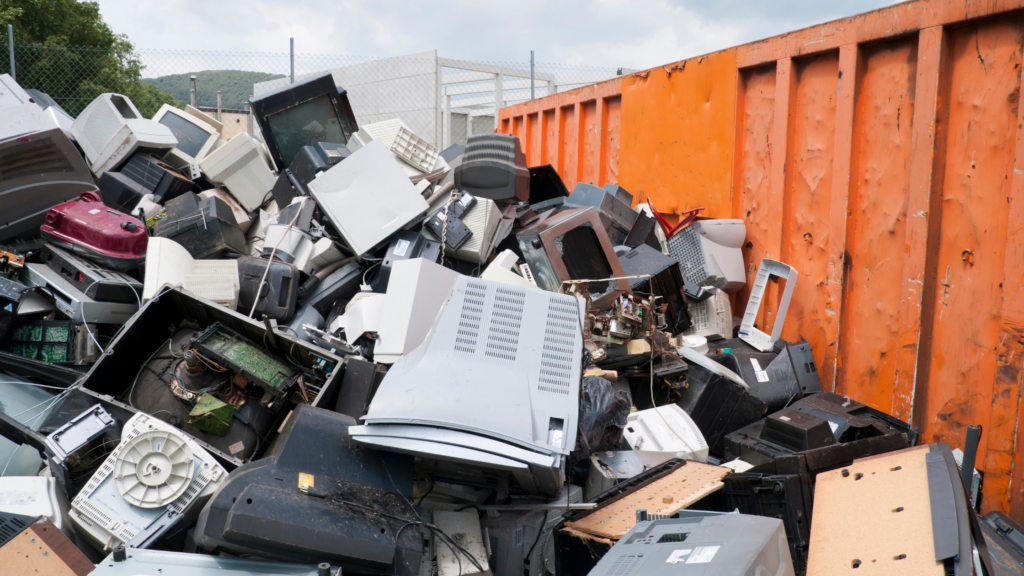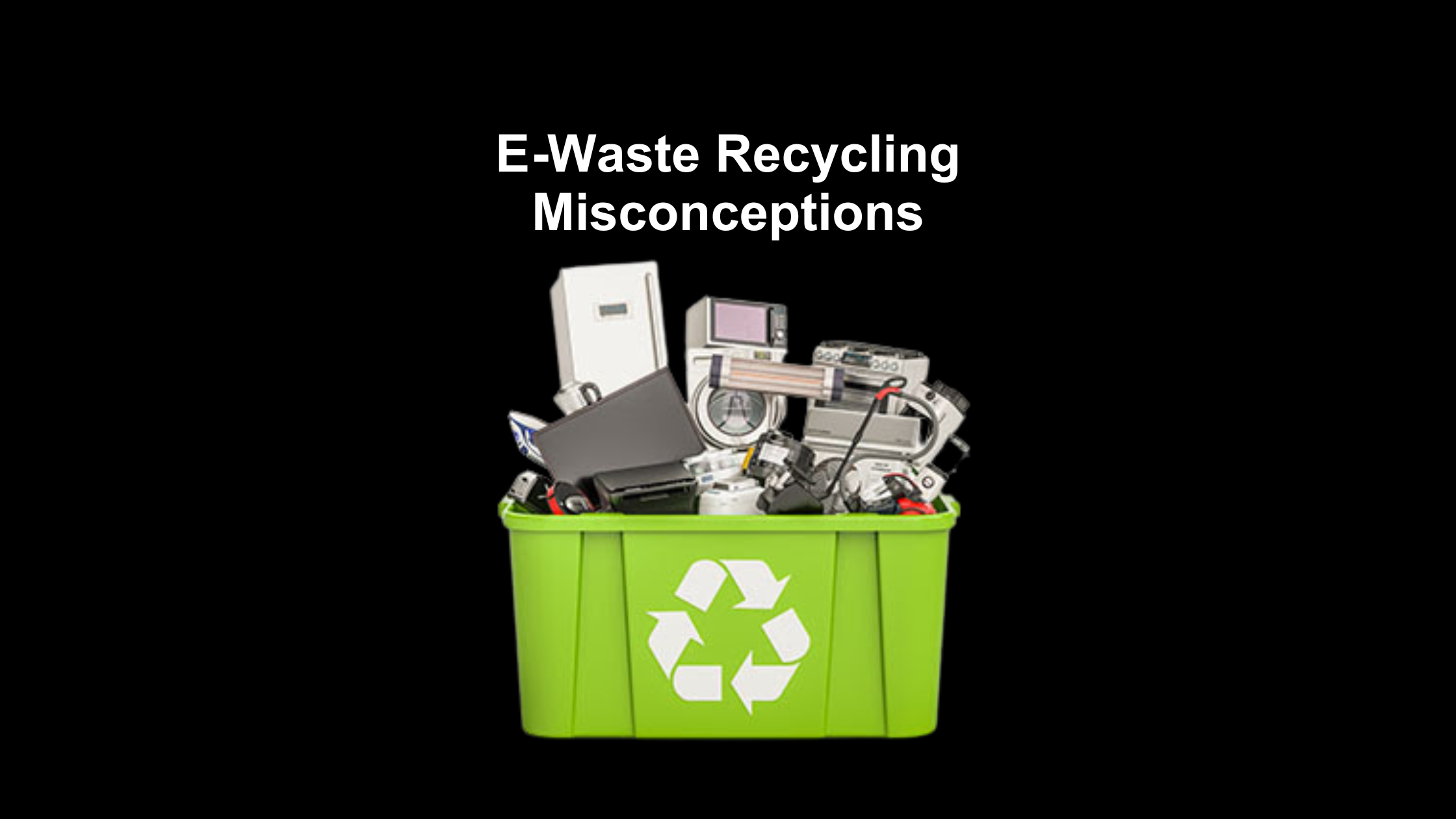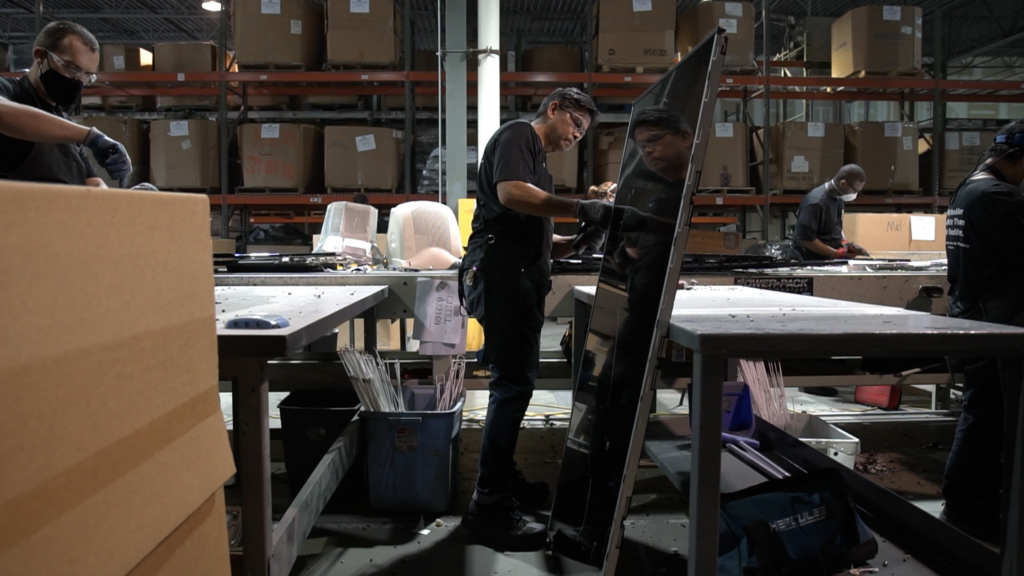Data centers seem to be popping up everywhere. As they close or upgrade, it’s important to reuse as possible in the data center decommissioning process.
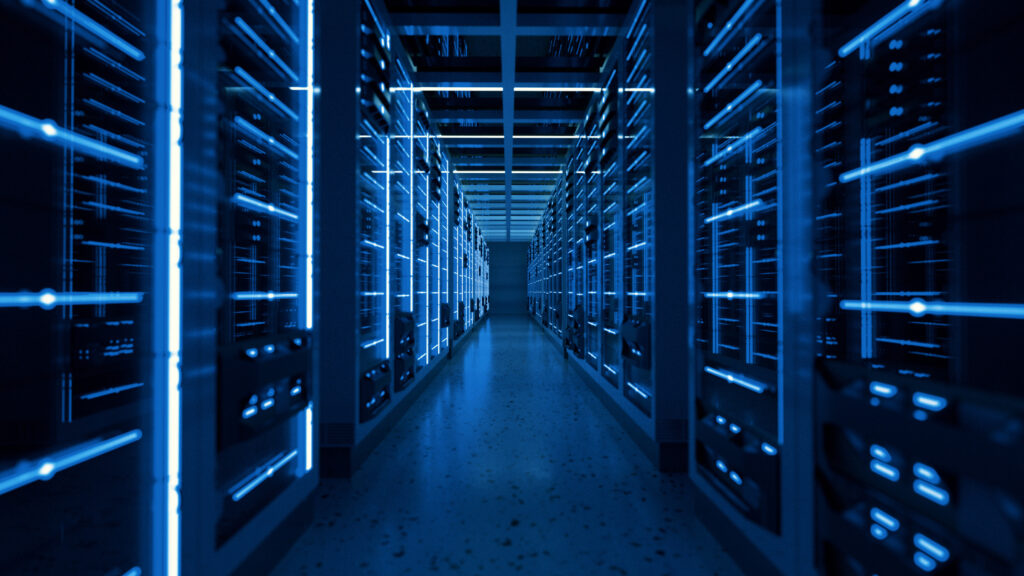
The circular economy has become a critical aspect of the tech industry. This prioritizes things like reuse in data center decommissioning processes.
What can be reused?
There are many parts of a data center that can be reused. For example, when a data center is shut down, the equipment doesn’t need to go to waste, other facilities can utilize it.
- Server hardware like CPUs, RAM, and network interface cards (NICs) do not hold sensitive information, so if they are in working order, they can be reused, refurbished, or resold.
- Networking equipment like switches, routers, and firewalls can be reused in other data centers. Again, these pieces of equipment do not hold onto data, so they can safely be reused without risking your personal information or data.
- Power distribution units (PDUs) can be repurposed for other power distribution applications.
- Uninterruptible power supplies (UPS) provide backup power to data centers and can be reused to provide the same type of power to other data centers.
- Cooling systems comprised of fans, air conditioners, and chillers can all be used in other cooling systems that may or may not be related to data centers.
- Racks and enclosures like server racks, cabinets, and cable management systems can be utilized in a different data center or other IT equipment.
- Copper and fiber optic cabling can be installed in other networks or communication installations.
- Security systems are transferable to pretty much any other security applications.
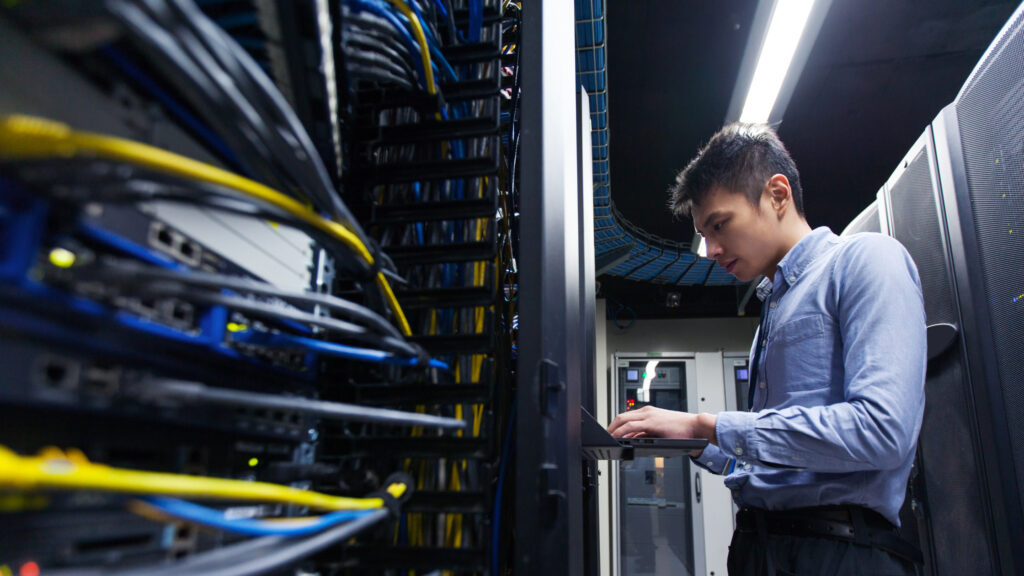
Ensuring data destruction in EOL equipment
Because data centers hold physical versions of data on hard drives, as long as that information is adequately destroyed, your data is secure. Server hardware, networking equipment, and other various pieces of hardware do not hold information, so they do not need to be destroyed in your end-of-life equipment.
Hard drives and other data-containing storage devices may need to be destroyed rather than reused. Various forms of data destruction services can provide total data erasure. Degaussing can provide magnetic destruction to hard drives, and shredding can provide physical destruction.
Decommissioned equipment can hold sensitive data, and by working with a professional, like Securis, you can ensure proper recycling and data destruction protocols will be followed for your decommissioning project. If you or your business need a certificate of destruction for auditing purposes, we can provide that. If you need assistance with your data center decommissioning process, contact us here!
